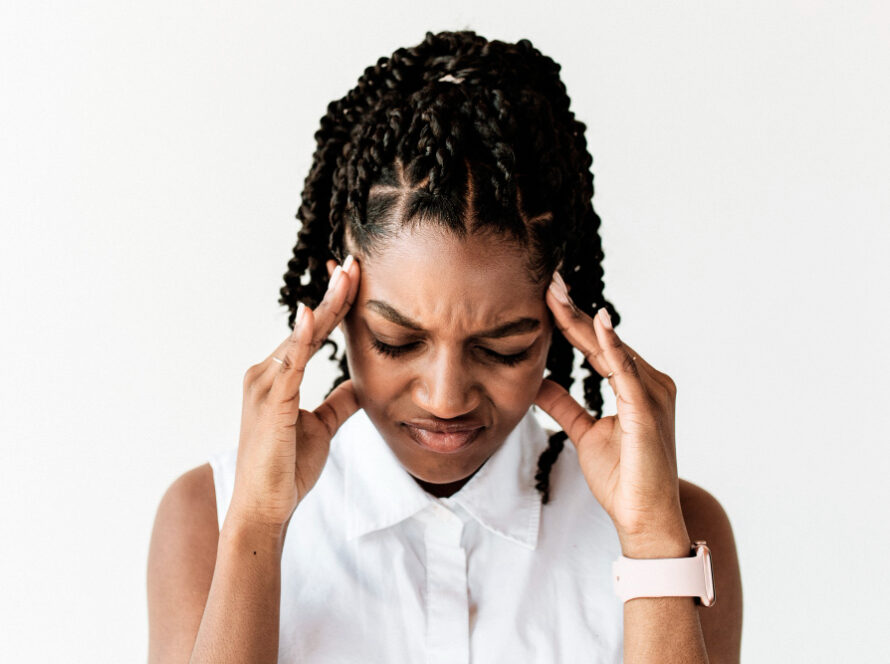There are different types of phobia:
Simple phobias: These may involve a disproportionate fear of specific objects, scenarios, or animals. A fear of spiders is a typical example.
Social phobia: Sometimes known as social anxiety, this is a fear of being subject to the judgment of others. People with social phobia often restrict their exposure to social environments.
Agoraphobia: This term refers to a fear of situations where getting away may be difficult, such as being in an elevator or a moving train. Many people misunderstand this phobia as the fear of being outside.
Phobias are deeply personal, and doctors do not know every type. There could be thousands of phobias, and what may seem unusual to one person can be a severe problem that dominates daily life for another.
OCD
People with obsessive-compulsive disorder (OCD) have obsessions and compulsions. In other words, they experience constant, stressful thoughts and a powerful urge to perform repetitive acts, such as handwashing.
PTSD
PTSD can occur after a person experiences or witnesses an intensely stressful or traumatic event. During this type of event, the person thinks that their life or other people’s lives are in danger. They may feel afraid or that they have no control over what is happening.
These sensations of trauma and fear may then contribute to PTSD.
Psychotherapy, or talking therapies
This type of treatment takes a psychological approach to treating mental illness. Cognitive behavioral therapy (CBT), exposure therapy, and dialectical behavior therapy are examples.
Psychiatrists, psychologists, psychotherapists, and some primary care physicians carry out this treatment.
It can help people understand the root of their mental illness and start to work on more healthful thought patterns that support everyday living and reduce the risk of isolation and self-harm.
Medication
Some people take prescribed medications, such as antidepressants, antipsychotics, and anxiolytic drugs.
Although these cannot cure mental disorders, some medications can improve symptoms and help a person resume social interaction and a routine while working on their mental health.
Some of these medications boost the body’s absorption of feel-good chemicals, such as serotonin, from the brain. Other drugs either boost the overall levels of these chemicals or prevent their degradation or destruction.
Self-help
A person coping with mental health difficulties may need to change their lifestyle to facilitate wellness.
Such changes can include reducing alcohol intake, sleeping more, and eating a balanced, nutritious diet. People may need to take time away from work or resolve issues with personal relationships that may be causing damage to their mental health.
People with conditions such as anxiety or depressive disorder may benefit from relaxation techniques, which include deep breathing, meditation, and mindfulness.
Having a support network, whether via self-help groups or close friends and family, can also be essential to recovery from mental illness


